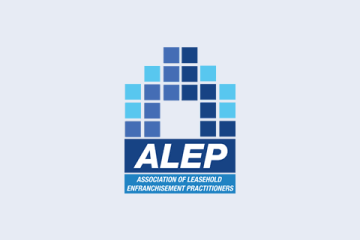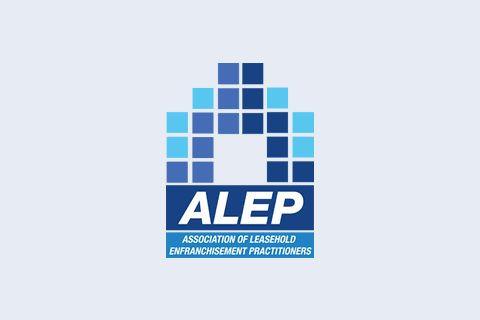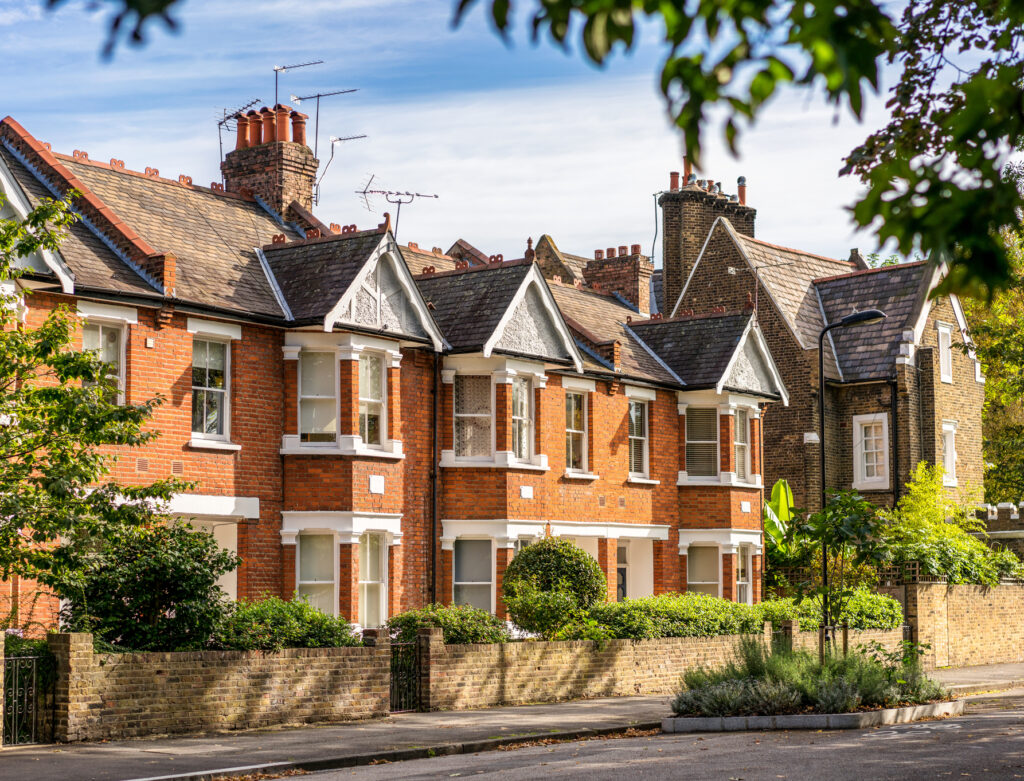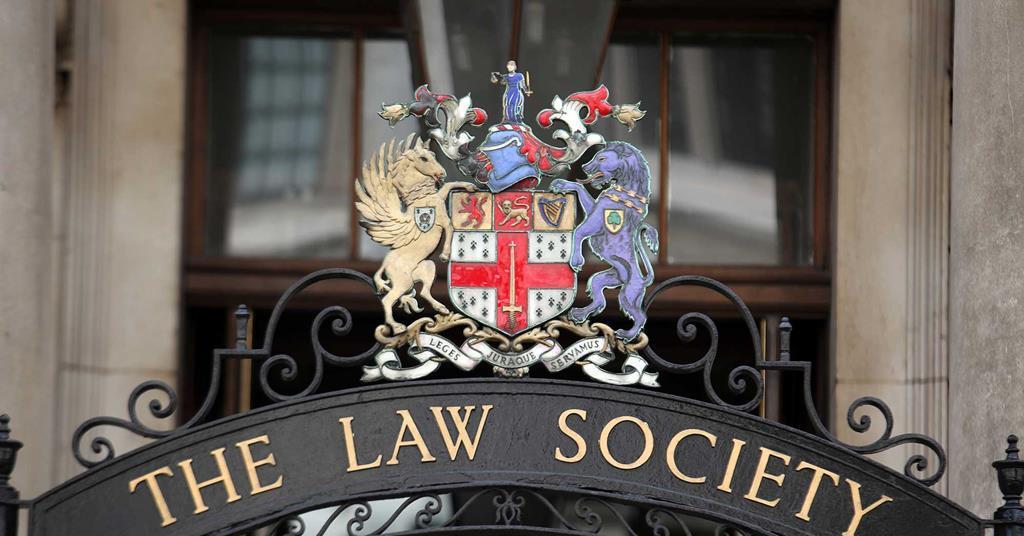ALEP submits response to government consultation on tribunal fees
Home | Member News | ALEP submits response to government consultation on tribunal fees

Share this article
ALEP RALLIES MEMBERS IN RESPONSE TO GOVERNMENT CONSULTATION ON TRIBUNAL FEES
The consultation – Enhanced fees for divorce, possession claims and general applications in civil proceedings and consultation on further fees proposal – centres on the government’s drive to improve efficiency and modernise HM’s Courts and Tribunal Services, and reduce costs to the taxpayer.
The consultation paper, which numbered 34 pages, with 18 questions and 142 points of note, contained references to fees for First-tier Tribunal applications and hearings, which is of particular relevance to ALEP and its member firms.
As an organisation, ALEP has always sought to engage government on anomalies and inconsistencies in the Leasehold Reform legislation, and was instrumental in the passing of the Leasehold Reform (Amendment) Bill 2014. This collaborative effort is consistent with the Association’s aim of being a member organisation, run by professionals working in the sector, seeking not only to promote excellence within this particular field, but also to make it easier for leaseholders to exercise their rights, and to improve awareness of leaseholders’ rights generally.
Since finding out about the proposals, ALEP has undertaken extensive research and consultation with its members, many of whom have raised concerns regarding the legitimacy of the proposal from the Ministry of Justice (MOJ).
An emergency meeting of ALEP’s member firms was called on Friday 4 September, which was also attended by representatives from the Royal Institution of Chartered Surveyors (RICS), the Property Litigation Association (PLA) and the Leasehold Forum.
A subsequent meeting between ALEP and the MOJ was held on Wednesday 9 September, wherein ALEP outlined its initial concerns and discussed, at length, a draft proposal for an alternative solution.
CLICK HERE TO DOWNLOAD ALEP’S FULL RESPONSE
On Tuesday 15 September, ALEP submitted its official response to the consultation, which outlined its concerns in full and rejects, outright, the proposal as it stands on the basis that it is wholly unfair to leaseholders and will firmly strengthen the position of freeholders.
Alex Greenslade is ALEP’s founder and Honorary Secretary. He comments:
“ALEP is commercially minded and accepts that the Ministry of Justice must raise income but this proposal – which in our mind was perfectly timed to coincide with the summer holiday period – has been rushed, is premature, is based on wholly inadequate data, and could well be a backward step for leasehold reform and justice.”
He continues,
“After consultation with our members, who have been particularly vociferous, we are proposing alternatives including a sliding scale fee system, which would be based on the amount of the purchase price or premium set out in the leaseholder’s initial claim or notice. We have agreed to present this proposal to the MOJ following an emergency meeting of ALEP’s Advisory Committee on 21 September. We are also campaigning for the MOJ to consider exempt cases, such as those for Absentee Landlord Claims and Paper Hearings, and have requested a postponement of the introduction of fees until such a time that a proper consultation has been carried out.”
ALEP represents the majority of enfranchisement practitioners and will continue to consult with its member firms, all of whom will be affected by the proposals. The Association, in consultation with its members and collaborative partners within the sector, would consider challenging the legality of the introduction of fees by way of judicial review.
ALEP’s concerns are six-fold and can be summarised as follows:
Inadequate data upon which the fee structure is based;
The Leasehold Advisory Service, a government-funded organisation, has provided data for the consultation. One of ALEP’s members has undertaken extensive analysis of the figures and can prove beyond doubt that the data is flawed.
Lack of consultation;
There has been no relevant Impact Assessment obtained from those professionals using the legislation on a day-to-day basis, which has led to a flawed decision to introduce fees.
Misconception that enfranchisement is a luxury;
There seems to be a misconception that leaseholders obtain lease extensions and buy their freeholds as a luxury, but this is not the case. Many leaseholders cannot sell their flats without obtaining a lease extension due to mortgage lender and purchaser requirements.
One-sided transaction;
The process of enfranchisement is already a one-sided transaction. The onus is on the leaseholder to progress matters throughout the transaction, with no incentive for the freeholders to negotiate or settle. The leaseholder already has to pay the freeholder’s legal and valuation costs on top of the premium and the leaseholder’s own costs. The introduction of additional fees just adds to an already expensive process, which will push some leaseholders a step too far financially.
Access to justice;
Many applicants who extend their leases or enfranchise are on very limited incomes. The proposed fees will in many cases equate to one month’s salary for many leaseholders in addition to all the other amounts payable.
ALEP is of the view that the introduction of fees will severely infringe leaseholders’ access to justice on the grounds that these fees will be a step too far. ALEP questions the legality of the proposals on the basis that it will inadvertently prohibit leaseholders from being able to secure a fair determination.
What will happen in practice;
By introducing fees in this manner, it is feared that many freeholders will have no incentive to negotiate terms. Alternatively, freeholders may offer significantly worse terms, knowing that leaseholders will have to either accept those onerous terms or pay high fees in the alternative. Unless the legislation is changed to counteract this, introduction of fees could prove fatal to leaseholders who already have to pay significantly under the 1993 Act.


